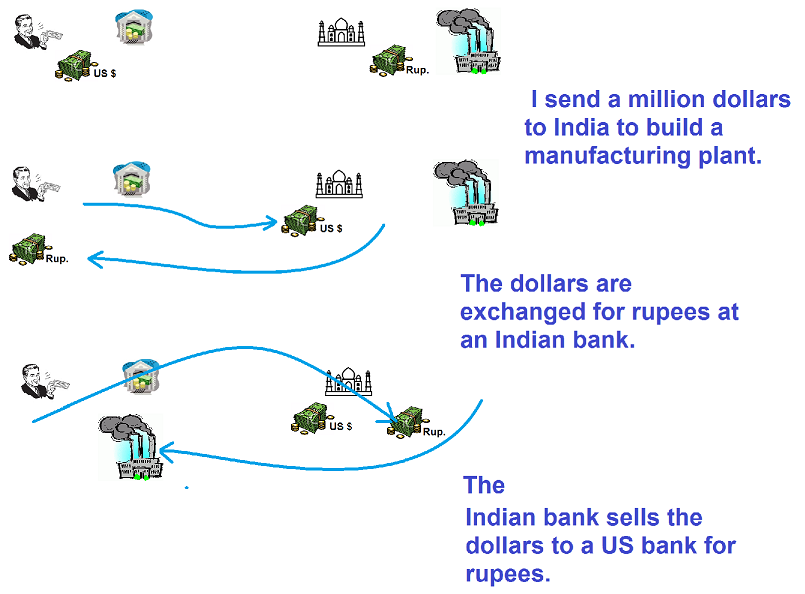shintao
Take Down ~ Tap Out
- Aug 27, 2010
- 7,230
- 361
- 83
[irony]
Yaaaa yaaaaa yaaaaaaa - they pay nearly all the taxes, but so what? Just because they go to school longer, work harder, and are smarter, who says they should have more money than the average joe? And what do they ever do for us regular folks - besides give us jobs, provide capital for our society, and support our charities? The government should GET some of their money, and give it to us. Why? Well, because we exist. Here's the way I look at it - if you force a bank to hand over their money, it's robbery. But if the GOVERNMENT does it, it's perfectly OK, because then it's LEGAL. Funny, lots of things are like that - Madoff is going to jail for a zillion years because of running a ponzi scheme, but the government has been running a vastly bigger one for decades - social security - and just like Madoff's scheme, the last ones to put anything in are the ones to get ripped off. Isn't it amazing how all kinds of monstrous shit becomes "OK" when the government does it? It's a friggin miracle!So let's help ourselves to some of that LEGALLY gotten money from rich folks. Hell, it's like manna from heaven!!
[/irony]
It is really rough losing isn't it? Not that it is your money, you are just a retarded dummy trying to protect the rich people that fuck you over. LMAO!!!










